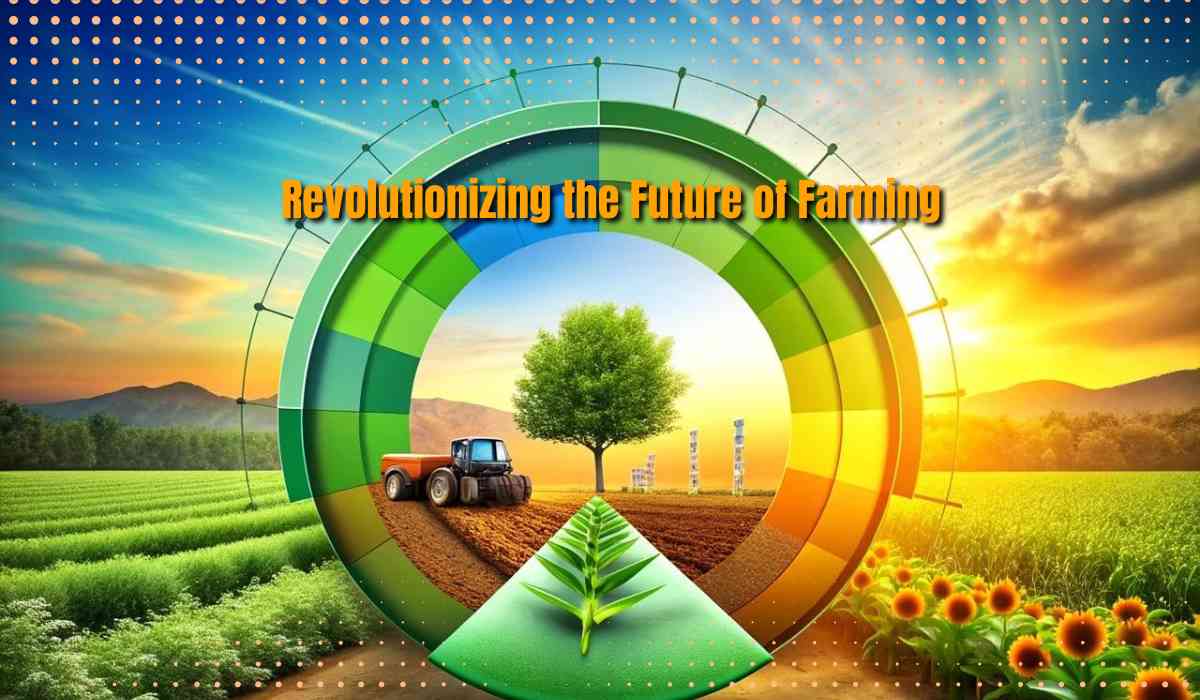- AI in agriculture uses advanced technologies like machine learning, robotics, and data analysis to improve farming efficiency.
- Precision farming optimizes resource use and enhances crop yields through AI-driven data insights.
- Predictive analytics help farmers anticipate crop risks, weather conditions, and disease outbreaks, leading to better decision-making.
- Automated machinery and AI-powered robots reduce labor costs and increase operational efficiency.
- Smart irrigation systems ensure precise water usage, conserving water and boosting crop health.
- AI promotes sustainable farming by reducing waste and environmental impact.
- Despite challenges such as cost and technical barriers, AI adoption in agriculture is steadily growing.
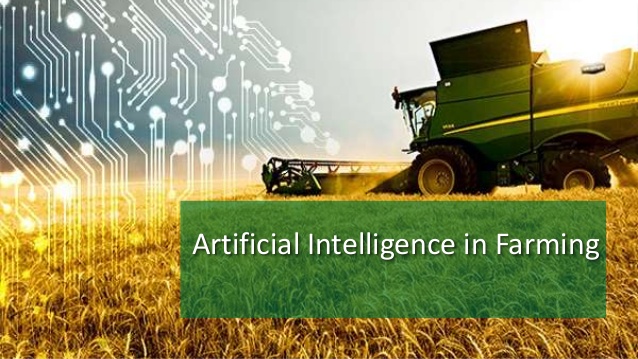
Image Source - Federation of Seed Industry of India
Can someone fix a toxic work culture? Read an interesting piece here
Artificial intelligence has significantly impacted different industries in recent years, and agro-based industries cannot be left out of this statement. It helps the farmers of this world by boosting productivity and decreasing costs in the farming industry, which is highly inclusive. The usage of AI in agriculture is of great value, and many problems that confront farmers now have solutions as well. The article below will discuss different aspects of the application of AI in agriculture and the various benefits that would be derived.
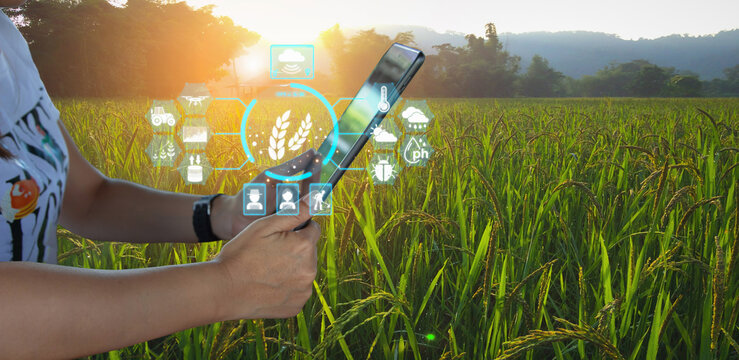
Image Source - Adobe stock
AI in Agriculture: What is it?
AI in agriculture refers to the application of machine learning algorithms robots and data analytics for carrying out tasks that were heretofore the domain of human beings. These technologies are supporting farmers in making the right decision, maximizing crop yield and resource utility. These now include AI-assisted processes including planting and watering to harvesting.
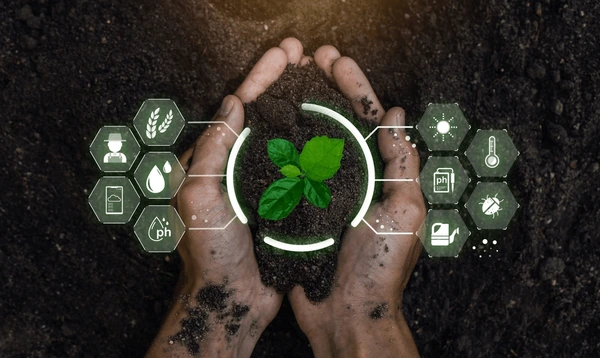
Image Source - Shutterstock
Major Uses of AI in Agriculture:
1. Precision Farming
Precision farming is one of the most strongly applied applications of AI in agriculture. It uses AI and data analysis to monitor and optimize crop growth. Through drones, sensors, and satellite imagery, AI tools gather real-time information about the status of the soil, weather, and crop. Then the collected information is analyzed to guide on the amount of water that should be given to the crops, when to fertilize, or even when and in what quantities to use pesticides.
Benefits:
- Increases crop yield
- Reduces wastage of water and chemicals
- Conserves time and labor
2. Predictive Analytics for Crop Management
AI-based predictive analytics can predict the yield of crops, disease outbreaks, and even the weather. With learning from both historical and real-time data, AI will accurately predict future conditions of farming. For example, AI algorithms can predict the probability of pest infestation with patterns in climate so that the farmer can prepare and manage to keep damages at bay before it is too late.
Benefits:
- Risk is detected early
- Effective planning and managing means
- Decisions are made better
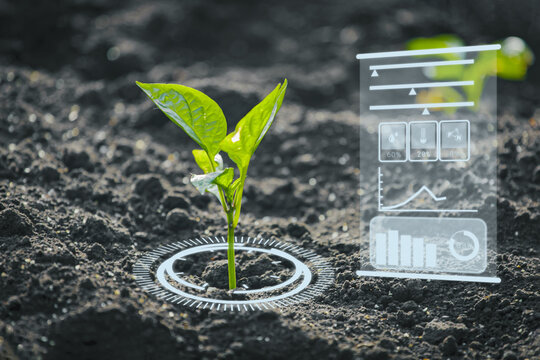
Image Source - Adobe stock
3. Automated Machinery and Robotics
Increasingly, AI-powered robotic systems are incorporated in agriculture to automate processes for planting seeds, harvesting crops, and even weeding. AI-based robots can continuously work, perform repeated tasks with precise accuracy, and adapt to variations in terrains and conditions.
Benefits:
- It reduces labor costs
- Increases operational efficiency
- Lessens human error
4. Smart Irrigation Systems
Smart irrigation with AI ensures crops have the right and at the right time. This can be achieved by incorporating sensors that measure the soil moisture levels and further improves with forecasts of the weather for effective irrigation. An AI algorithm will change the schedule on a watering basis considering crop requirements to prevent overwatering and underwatering.
Advantages
- Conservation of Water
- Eliminates plant overwatering and drought stresses.
- Provides overall good health of crops
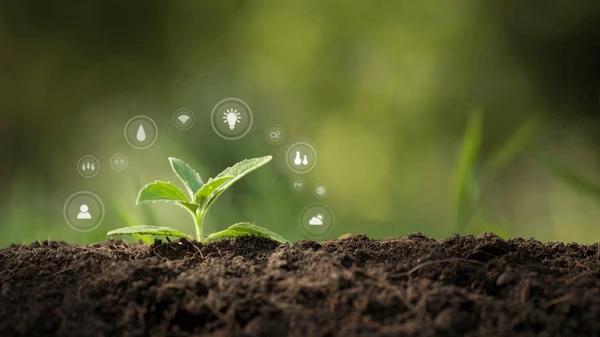
Image Source - Shutterstock
The Benefits of AI in Agriculture
1. Sustainable Agricultural Practices
Another big issue of farming is sustainability. AI enables the process of making farmers more efficient and reducing their environmental footprint. Precision farming decreases the misuse of water, fertilizers, and pesticides, which thus leads to less pollution and healthier ecosystems.
2. Increased Productivity and Crop Yield
AI can highly enhance the productivity of farming practices by optimizing it. Here, farmers can measure conditions in real time, and find data-driven decisions about planting, watering, and harvesting times. In this way, they can increase crop yields without increasing the size of farmland.
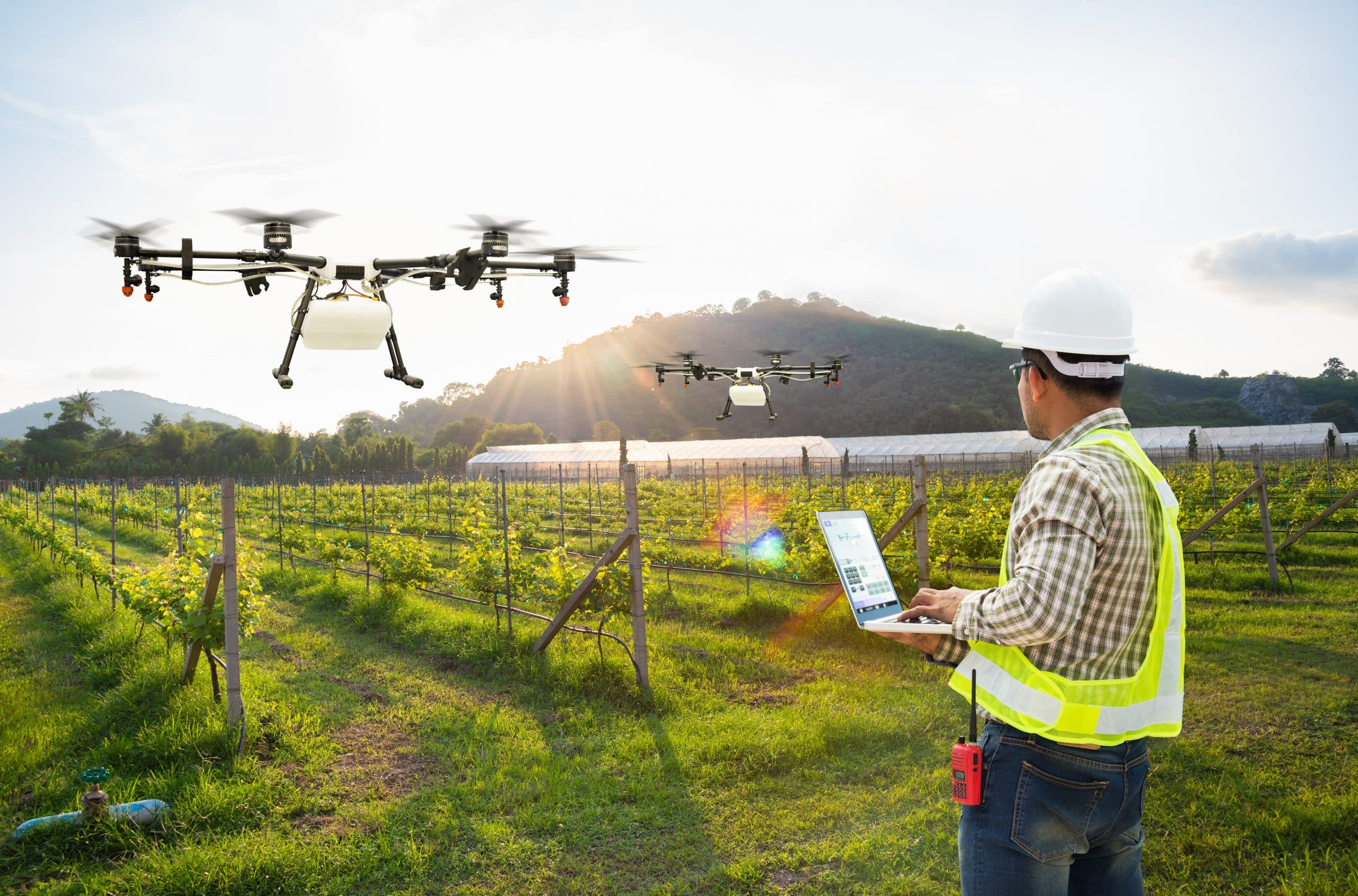
Image Source - Foli03AgTech
3. Labour Cost Reduction
Labor shortages are also very widespread within the agricultural industry. AI-powered robots and automated machinery require less manual labor and thus save costs on the part of the farmer through these systems. They are also more efficient and have a faster turnaround time on tasks.
4. Data-Driven Decision Making
AI provides farmers with the insight they need on their crops and farms. Through predictive analytics, decisions are made concerning crop management, pest control, and resource allocation. Taking a data-driven approach leads to better outcomes and also helps to minimize uncertainty in agriculture.
Challenges to the Adoption of AI in Agriculture
Although AI has a lot of benefits, its adoption for general agriculture is not an easy task. Such challenges include high costs for AI technologies, lack of technical know-how, and limited internet connectivity in most rural areas. It is also challenging for smaller farms to afford or implement an AI solution.
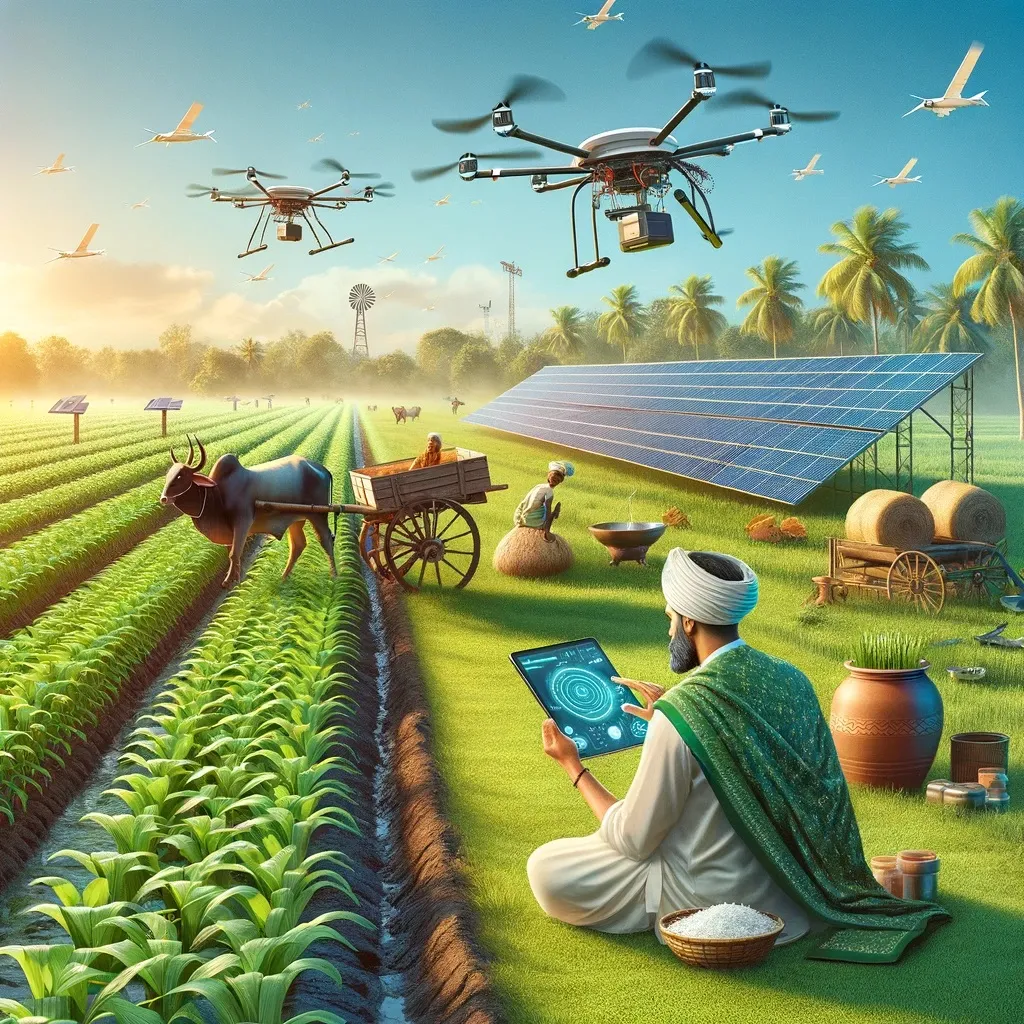
Image Source - MediaNama
Future of AI in Agriculture
Agriculture, in general, would be going more into AI technology as time goes by. It is envisaged that the future will have more sensitive AI tools that will offer more profound insight into the care of crops control of pests and sustainability. Progressively, AI will become the key that farmers will need to increase yields without affecting the environment.
AI transforms and makes agriculture easier, more productive, and more sustainable. It will start with precision farming and predictive analytics and extend into smarter machinery and smart irrigation. Yet, despite challenges to adoption, the benefits of AI in agriculture are undeniable: a brighter and yet more sustainable future for farmers worldwide.
Inputs by Agencies
Image Source: Multiple Agencies
Ⓒ Copyright 2024. All Rights Reserved Powered by Vygr Media.

